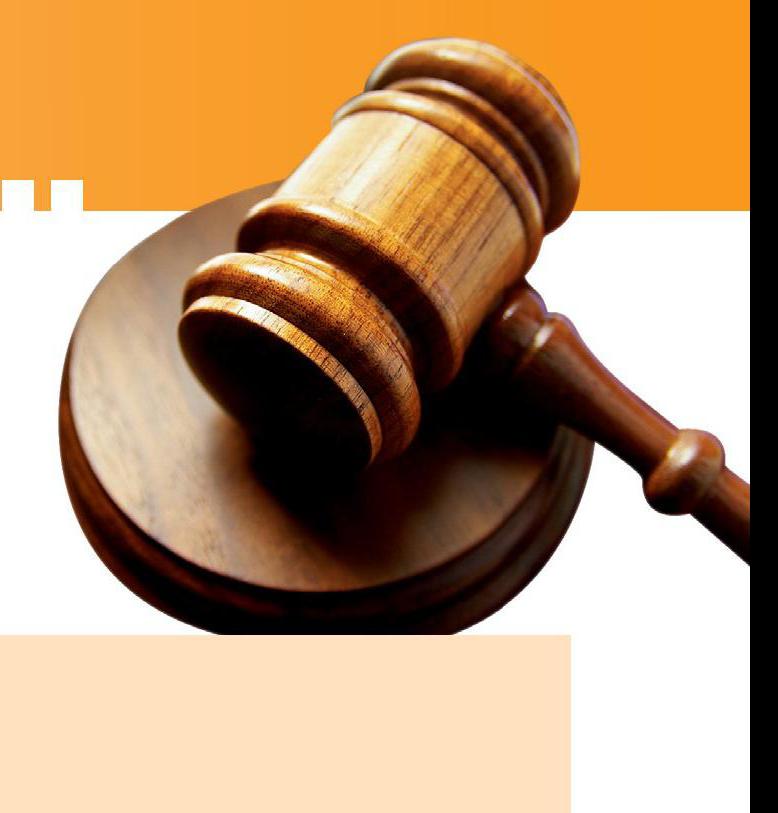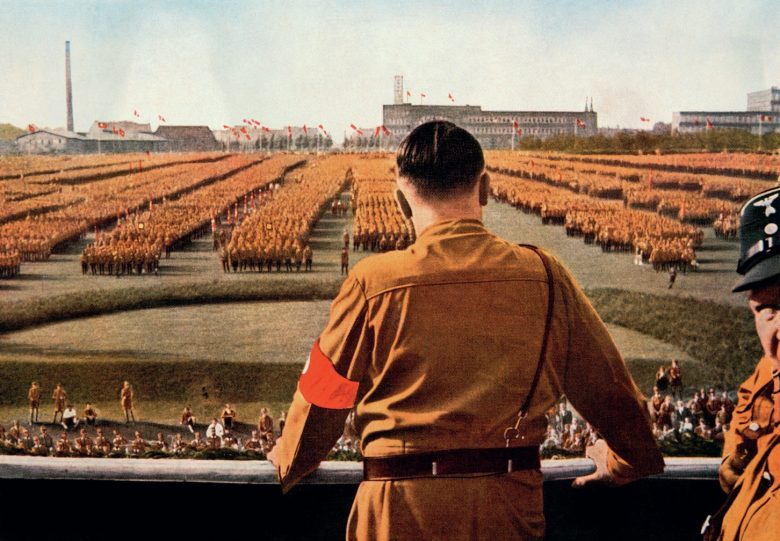
T he rule of law is perhaps best understood as a set of ideals and values which, if aspired to and achieved, can provide a powerful barrier against arbitrary rule and an effective check on excessive government power. The values of the rule of law — those of justice, legal equality and judicial independence — promote restraint and responsibility in executive action and seek to ensure that governments act legitimately, within legal limits and under established principles and customs (see Box 1).
The vast majority of modern democratic states, such as the USA, have codified constitutions that enshrine rights and emphasise the role and power of the courts in upholding constitutional principles and protecting citizens against their governments. In the UK, where no such codified constitutional checks exist, the guiding principle of parliamentary sovereignty means that without the rule of law an unrestricted government could act, in Lord Hailsham’s words, as an ‘elective dictatorship’.
Your organisation does not have access to this article.
Sign up today to give your students the edge they need to achieve their best grades with subject expertise
Subscribe




